牛津官方每年发布的面试样题都是第二年面试的重要风向标,今天带大家回顾下2020牛津大学本科面试样题,问题答案一应俱全,希望能帮助大家适应招生官的出题风格,灵活处理现场问题。
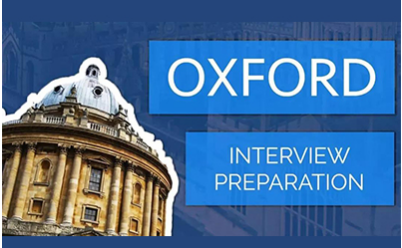
(注意:下文Subject代表面试专业;Interviewer代表面试的导师;Question是面试问题;Response是导师给出的提问方式和答题思路。)
2020牛津大学本科面试样题
PPE专业
Subject: Politics, Philosophy and Economics
Interviewer: Dr Matthew Williams, Academic and CareerDevelopment Fellow, Jesus College
Question: Is war the opposite of politics?
Response: It is common for interview questions inpolitics to tacitly (or in this case explicitly) ask — what is politics? Thisis a tough question, but an important one for the discipline. Good responseswill break down the question, interpreting what is understood by ‘war’,‘politics’ and ‘opposite’. The interviewer will look for the candidate to an argument in response to the question, and explain how they have interpretedthe question.
In common usage, ‘politics’ can include ‘war’, not beopposed to it. So the ambition is to encourage students to think outside thebox, and imagine an interpretation of politics that could even be considered tobe positive and optimistic — politics as the avoidance of conflict. The bestresponses will notice that terms like ‘war’ can mean physical acts of violence,but could also include cyber warfare, or financial piracy. And, politics couldbe considered at the level of states and all the way down to the level offamilies. Hence the stark differentiation of war and politics may not be veryuseful to our understanding of these terms.
The further the interview goes, the more we will talkabstractly about the use of concepts. At root, the question asks about thevalidity of posing binary opposites to understand concepts like politics. Doesthis polarising use of language (x is the opposite of y) illuminate or obscurethe reality? This might be a question to end the interview on.

2020牛津大学本科面试样题
地球科学专业
ubject: Earth Sciences
Interviewer: Professor David Pyle, Professor of EarthSciences, Geodesy, Tectonics, Volcanology and Related Hazards
Question: Present the candidate with a rock specimenand ask them to describe the rock and what they are seeing
Response:Quite a few of my colleagues may bring a rock specimen in with them for an'observe, describe and infer' style of question. The rock may well have someparticular feature - in the way it appears, or the materials it is made from -that the interviewer will start with. The questions will start along the linesof … here's a rock; spend a few moments looking at this sample, and handlingit. Can you tell me what you can see - I don't want to know what it is, I'dlike you to describe what the rock look like, or appears to be made of. Can yousee particles? or crystals? What does it look like to you? Use any sorts ofdescriptive words that you are familiar with. We make no assumptions at allabout whether the candidates have looked at rock before, or not.
The focus at the start is to make carefulobservations, keeping these separate from any pre-conceived or instantinterpretation that the candidate might want to jump to. These observationsform the evidence for how the rock may have formed; and, ultimately, for whatwe might call the rock.
We'll then pick up on the observations, and lead thequestions so that the discussion moves on to thinking out loud about whatphysical or chemical processes might have helped to create that particularfeature of the rock: why are the grains round? Did they start off that shape, orhave they been moved around? What sort of place on earth today can you think ofwhere you might find grains that look like this? Why do you think that the rockis red? What elements or compounds are you familiar with that have a redcolour? And so on. The way to approach these sorts of problems is to listen tothe questions, and to take your time thinking out loud as you work through thetask. This isn't a pop quiz, or an exercise in knowing stuff; it is an exercisein seeing how you can gather evidence objectively, and then to use thatinformation to build up some simple ideas about how the sample might have formed.
2020牛津大学本科面试样题
心理学专业
Subject: Psychology
Interviewer: Professor Nick Yeung, Professor ofCognitive Neuro-Science and Tutorial Fellow at University College
Question: What is the significance of the brain’s‘face area’, and it being stimulated when people see and recognise faces?
Response: Facial recognition is a skill that is veryuseful and we mostly take for granted. By asking this, we are looking for thecandidate to think critically about experimental design, and what we can learnfrom the results. For example, does the experiment have a clear hypothesis andpredictions? Is it well designed to test these? Are the methods usedappropriate? Does the experiment have necessary control conditions?
As well as thinking critically, we're also looking forthe candidate to think creatively, for example about how the experiment couldbe improved and what the results of such an experiment might tell us about howpeople think and how the brain works: What does it mean to"recognise" a face? What cognitive processes are involved? What mightbe special (or not special) about faces? Why might there be a brain areadevoted to face recognition?
准备牛津大学面试贴心建议
1)展先对所申请专业的强烈兴趣
这个部分不是靠自己阐述自己对申请专业多么感兴趣,而是在回答问题的时候体现出来。比如回答的时候强调自己长期关注了某个领域的进展和动态,并给出具体的内容佐证自己;强调自己长时间致力于解决某个问题;强调自己长时间参与某项跟专业相关的活动。
2)踏实储备课内知识
面试环节,招生官不一定要看谁了解到的专业知识最多,而是看是否有一定的积累。在进入大学之前就在某个领域有丰富的专业知识也从侧面证明了对专业的兴趣,这也和上一点想呼应。
3)训练参与学术讨论的能力
牛剑的面试其实还原了他们平时上导师课的情形,导师给你提出具有挑战性的问题,比如让你分析某个现象背后出现的多种原因;分析如何设计一项实验来验证自己的假设;分析两个看似毫无关联的现象之间的关系等等。是否能够回答正确不重要,但是需要展现出思考能力,问题分析能力,以及展现出基本的逻辑推理能力。
最后给大家宽宽心,牛剑面试真的没有网上说的那些奇奇怪怪的题,题目也许千变万化,但看的还是你在面对新信息时会怎么反应、怎么思考。
2020牛津大学本科面试样题及牛津导师的建议分享就到这里。明天就要进入12月也就是牛津面试月了——
如果你对面试还没有十足的把握
如果你不懂怎么清晰又不尴尬地表达自己思考过程
如果你还不知道怎么打破对上镜头就话少的魔咒
如果你还不知道如何在面试中展现自己的闪光点
点击预约【唯寻牛剑模拟面试】
按专业分配唯寻牛剑毕业导师
传授面试真经
避开面试大坑
除此之外,还有【唯寻面试冲刺营】
点击这里报名
带你从零开始准备面试

更多牛剑面试攻略点击




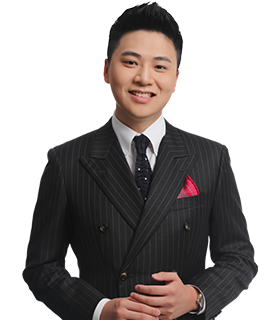
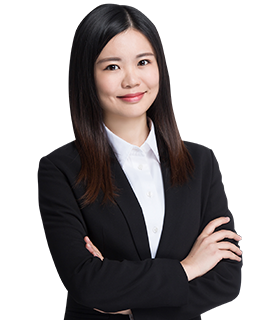
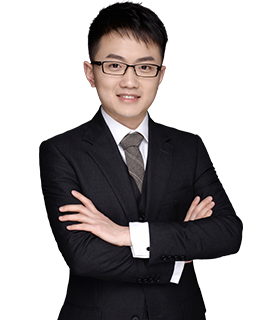
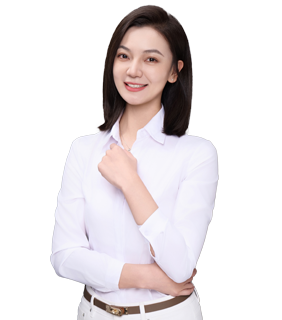



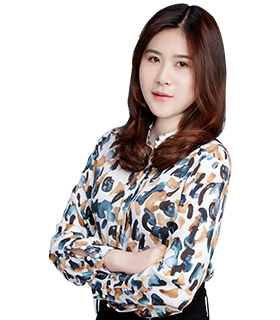


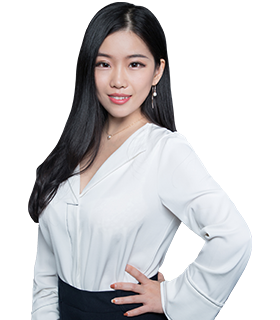



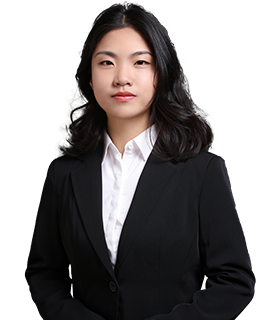
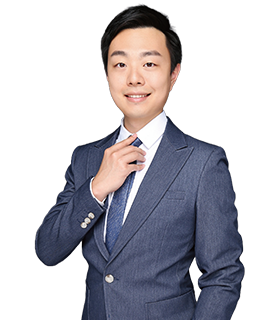
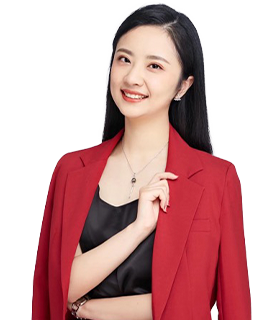
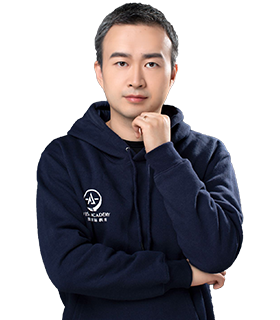
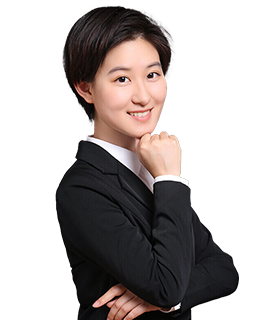
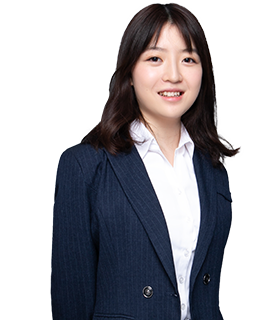
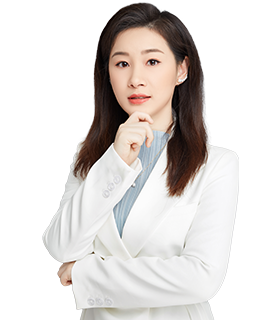
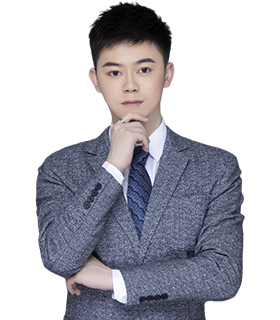
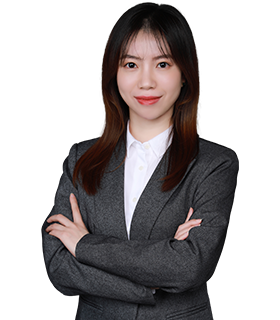
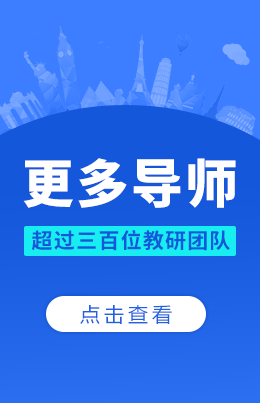








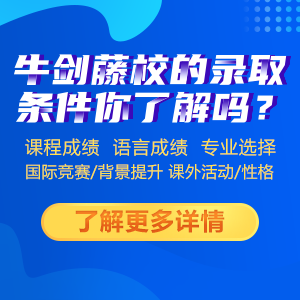





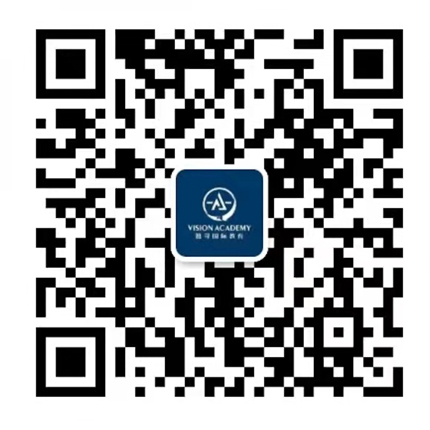
 沪公网安备 31010502004453号
沪公网安备 31010502004453号





 成功提交后我们将尽快与您联系,请注意来电!
成功提交后我们将尽快与您联系,请注意来电!


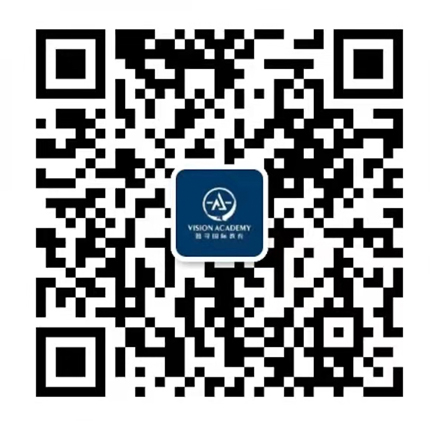




 成功提交后我们将尽快与您联系,请注意来电!
成功提交后我们将尽快与您联系,请注意来电!


